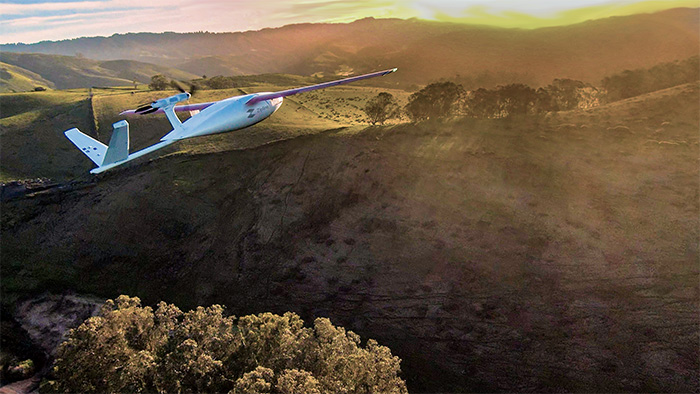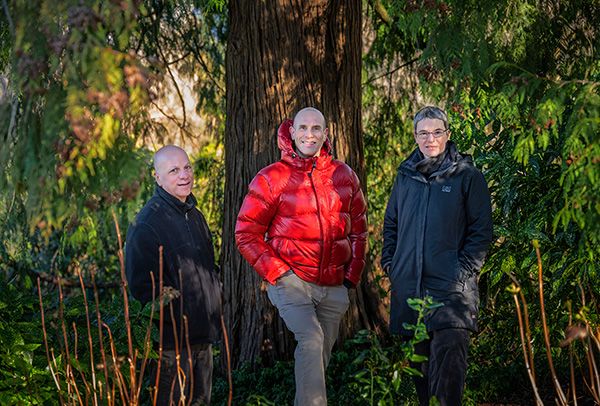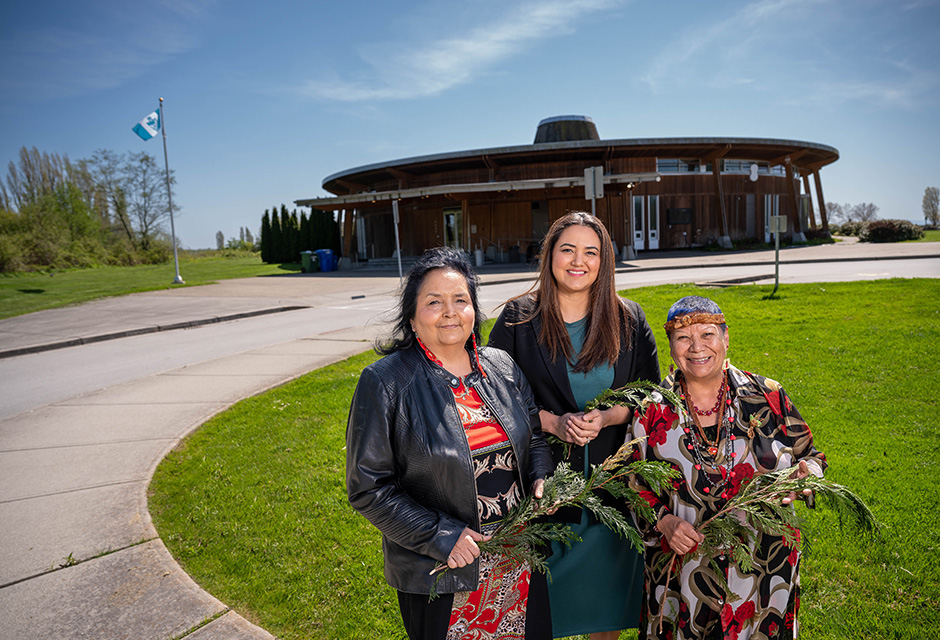Safeguarding rural healthcare — with the help of drones
From East Africa to northern British Columbia, UBC researchers are bringing lifesaving medical supplies to vulnerable communities, faster.

For people living in rural and remote areas, climate change threatens to make lifesaving medicines and supplies even more difficult to access.
It’s a global problem, from northern British Columbia to East Africa — where UBC doctoral researcher Marie Paul Nisingizwe studies drone technology and its potential to bolster healthcare networks that are stretched thin and prone to disruption.
“Providing treatment and emergency care in areas with limited health facilities is challenging at the best of times. Without a ready supply of medicine and blood products, it’s nearly impossible,” Nisingizwe, a PhD candidate in the School of Population and Public Health, says.
“But with the help of drones, healthcare providers can reach these vulnerable communities with more supplies, sooner.”
In 2016, Rwanda became the first African country to integrate the technology into its healthcare system, deploying drones to deliver blood products to rural and remote areas. In a country with few facilities to store blood supplies, this was both an important first step and a leap of faith: the real-world impact of drone technology on healthcare is largely unstudied because it is so new.
Nisingizwe’s research, published in The Lancet Global Health, is among the first to measure actual outcomes. Working with colleagues in Rwanda and at the UBC Faculty of Medicine, she analyzed the outcomes of more than 12,000 drone-based healthcare deliveries over several years.

The findings are highly promising — and urgent — as extreme weather and natural disasters disrupt the lives and health of many millions of people around the world.
“Our research in Rwanda shows that many facilities now receive blood products in a fraction of the time — and with less waste,” Nisingizwe explains.
Rwanda has expanded deliveries to include vaccines and essential medicines for the treatment of diseases such as HIV/AIDS, COVID-19, malaria, and tuberculosis. Meanwhile, Nisingizwe and her colleagues are working on the study’s second phase, which measures the impact of drone delivery on health outcomes.
The data will help governments, healthcare providers and communities to more readily incorporate the technology into rural health networks, saving more lives as they work to build healthcare systems that are more resilient, responsive and adaptable in the context of a changing climate.
“Our research shows that, thanks to drones, many healthcare facilities in Rwanda now receive blood products in a fraction of the time — and with less waste.”
– Marie Paul Nisingizwe
Here in B.C., the Faculty of Medicine’s Remote Communities Drone Transport Initiative tests drones in another real-world setting affected by climate change: Stellat’en First Nation and the Village of Fraser Lake, near Prince George.
“It’s a similar story. Residents of rural, remote and Indigenous communities face much greater healthcare disparities than other people in B.C.,” says Dr. John Pawlovich, the Rural Doctors’ UBC Chair of Rural Health and Drone Initiative lead.

“When wildfires and pandemics happen, these communities are hardest hit and those disparities grow bigger.”
The project, one of the first of its kind, flies drone deliveries along a short, simple route with the goal of understanding how the technology can be best used in what are often challenging conditions.
Both teams hope their findings will inspire the development of successful programs in other parts of Canada, Africa and around the world.
“We want to help shrink and close that inequity gap,” Dr. Pawlovich says.
Never miss an issue of Pathways
Pathways — the UBC Faculty of Medicine’s digital magazine — features stories about cutting-edge health education, breakthrough research, and biomedical innovations that are making a difference in British Columbia and around the world. Discover the impact of our people and programs.





